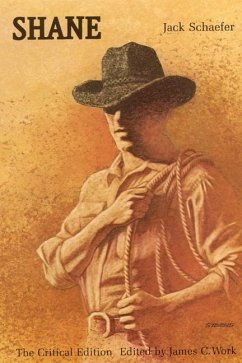
How to Become A Public Speaker
Versandkostenfrei!
Versandfertig in 1-2 Wochen
15,99 €
inkl. MwSt.
Weitere Ausgaben:

PAYBACK Punkte
8 °P sammeln!
I - Can the Art of Speech be Learned?, II - The Four Methods of Public Speech-Their Advantages and Disadvantages, III - An Embryo Speech, with Models of Very Simple Plans, IV - Initial Fear and how to Overcome it, V - Utility of Debating Societies, VI - Thought and Emotion, VII - Language, VIII - Imagination, IX - Voice and Gesture, X - Confidence, XI - The Pen and the Tongue, XII - Subject and Object, XIII - Thought-gathering, XIV - Constructing a Plan, XV - How Shall the Written Plan be Used?, XVI - The First Moment of Speech, XVII - The Introduction, XVIII - Progress of the Speech, XIX - Af...
I - Can the Art of Speech be Learned?, II - The Four Methods of Public Speech-Their Advantages and Disadvantages, III - An Embryo Speech, with Models of Very Simple Plans, IV - Initial Fear and how to Overcome it, V - Utility of Debating Societies, VI - Thought and Emotion, VII - Language, VIII - Imagination, IX - Voice and Gesture, X - Confidence, XI - The Pen and the Tongue, XII - Subject and Object, XIII - Thought-gathering, XIV - Constructing a Plan, XV - How Shall the Written Plan be Used?, XVI - The First Moment of Speech, XVII - The Introduction, XVIII - Progress of the Speech, XIX - After the Speech.













